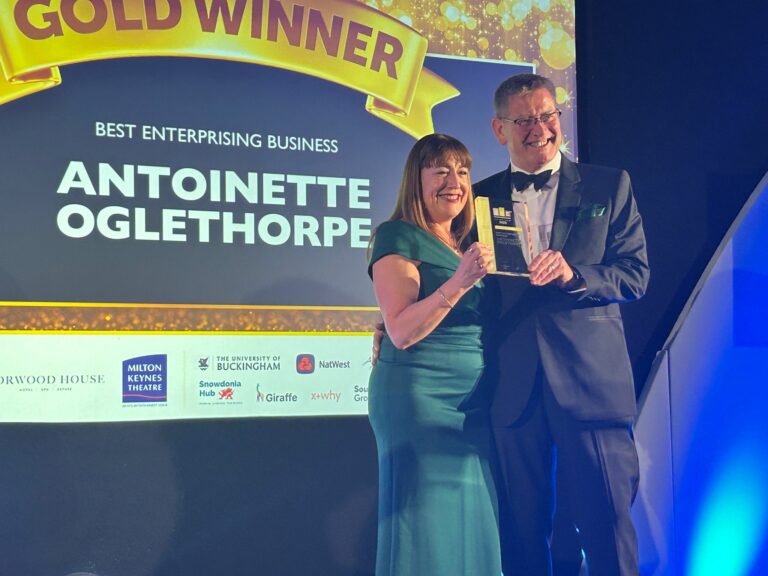Learning is the same as anything else you manage: You need to create a plan, check progress, and build in measures; otherwise, if left unplanned and unmanaged, it most likely won’t be successful. However, that doesn’t mean it has to be cumbersome or time-consuming. Here is my advice on how to create a development plan that is relevant for you.
1. Start by focusing on the development you need for this year
Think about your current role:
- What skills are necessary to perform your role effectively?
- What skills are necessary to achieve your goals this year?
- What changes do you expect in your current role (for example, job responsibilities, process changes, technology improvements)?
It is often useful to think about what you would be looking for in the ideal candidate if you were recruiting for your own job.
This section is critical because it provides the foundation for the rest of the Development Plan in terms of defining the benchmark. It also provides the basis for a useful discussion between you and your manager to ensure you have a common understanding of the skills you need.
2. Reflect on what job-related strengths you already have that you can build on to develop further
- What are you good at?
- What areas of your role do you perform effectively?
- What skills and strengths do you have which will make it easy to perform your role and achieve your goals this year?
Think back to previous performance reviews. Think back to other feedback you have received from peers, subordinates, friends, colleagues etc.
3. Identify the areas you need to develop to improve your performance and make further progress
- What are you not so good at?
- What areas of your role do you perform less effectively?
- What skills and strengths do you lack that will make it difficult to perform your role and achieve your goals this year?
As before, think back to previous performance reviews and other feedback you have received. Think about what you admire in others who perform similar roles. If in doubt, ask!
4. Think about your longer-term career ambitions and the knowledge, skills and relationships you need to develop
- What do you enjoy about your current role? What do you not enjoy?
- Would you like to broaden or deepen your skills in any particular area?
- How would like your role to develop over the coming years?
- What other roles do you aspire to?
- What skills and experience do you need to gain or improve to prepare for those roles?
So far, our thinking has focused on a short time period – typically 6 months to a year. But I recommend you also take a longer-term view. Think about how you would like your career to progress in the future so you can discuss this with your manager and they can have that in their head when thinking about future roles for you.
5. Identify 1-2 key development goals for the next review period
- Where are you now?
- Where do you want to be?
- What is stopping me from getting there?
- What do you need to know and develop?
- What do you need to do?
If you’ve followed the earlier points, you will probably have defined several areas for improvement. However, I recommend you identify only 1 or 2 key development objectives for the forthcoming period. If you try to focus on too many areas, you are likely to improve little in any of them. Therefore it is better to focus greater effort on a smaller number of areas. If necessary, you can always focus on 2 development goals for 3-6 months. Then, assuming you have successfully achieved them in that time, you can revise your Development Plan and focus on 2 different development goals for the second part of the year.
The key is to ensure the 2 development goals you choose are the ones that will have the greatest impact on your effectiveness in your role.
6. Create a list of possible development choices
Remember, development is not just courses! 90% of all development happens in the workplace and through informal means such as mentoring and coaching. So, identify all the possible development alternatives and consider formal training choices only where relevant and suitable.
Think about your own preferred learning style. Do you learn best from reading and reflecting, browsing websites, computer-based programmes etc. Or do you prefer more active learning experiences?
Do you need help with your development plan? Click here to find out more about how leadership coaching could help.
We also have a brand new Career Compass Workbook to help you think positively and proactively about your career development.



